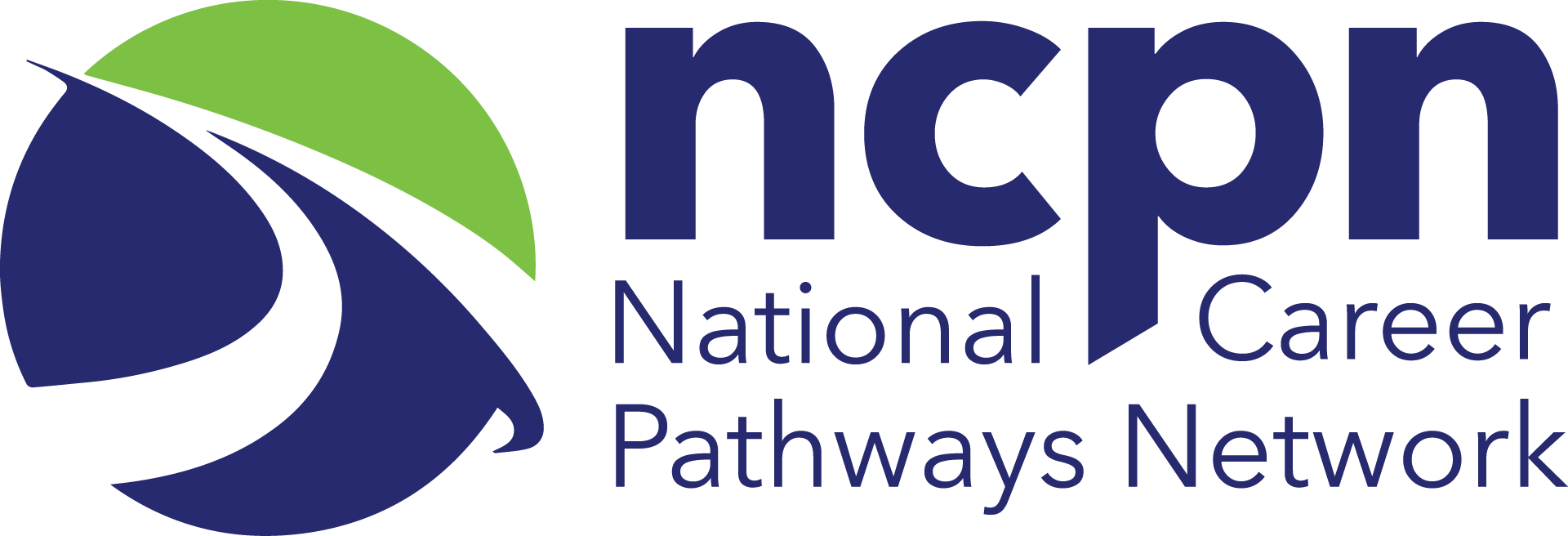BEYOND THE BREAKOUTS
An NCPN CONNECT Blog Series
October 2025
Engaging Employers Through Micro-Internship Opportunities

Contributor
Rhonda Tracy
Associate Director of Internships, Lake-Sumter State College
Introduction
The importance of internships for career readiness is consistently emphasized across educational, economic, and social entities. A recent study from The National Society of Leadership and Success (2025), however, revealed that most students and recent graduates say they haven’t participated in an internship, with only 17.2% of undergraduates reporting such experience. Many reasons exist for the low participation rates, including the difficulty of finding placements, the busy lives of students who have families and jobs, and the lack of integration into the curriculum for credit-bearing opportunities.
One of the most significant advantages of micro-internships is their flexibility.
At Lake-Sumter State College in Florida, approximately 45% of the student body is non-traditional in age (25 and older), and a majority of those students have some type of job. This means the time commitment for internships is a challenge and access is limited to fewer students than the institution would prefer. The Micro-Internship Program was developed in Spring 2024 to address this challenge and provide more opportunities, increased access, and real-world work experiences for students.
Lake-Sumter State College Approach
A micro-internship is defined at Lake-Sumter State College as a 10-40-hour non-compensated work-related experience that is embedded in an academic course. Instructors determine if their courses are appropriate for a micro-internship. These courses range from traditional “workforce” courses to general education courses. Baseline expectations across all micro-internships include: a) students reflect on their experiences; b) the experiences are current, real-world, and work-based; and c) the micro-internship is evaluated using some or all of the work-based competencies adopted by the Career Services office. Since their inception in spring 2024, over 200 students have completed a micro-internship.
Benefits of a Micro-Internship for All Institutions
A recent debrief of Lake Sumter State College staff identified benefits of the Micro-Internship program that can be applicable across institutional types.
- Flexibility and accessibility. One of the most significant advantages of micro-internships is their flexibility. Unlike traditional internships that may require a full-time commitment over several months, micro-internships typically last from a few days to a few weeks. This allows students to engage in these opportunities alongside their academic schedules, extracurricular activities, or part-time jobs. Additionally, since many micro-internships are remote, students can work from anywhere, saving on travel time and expenses.
- Skill Development: Each micro-internship project focuses on specific tasks or deliverables, providing students with targeted learning opportunities. This hands-on experience helps students develop and refine relevant skills, such as problem-solving, communication, time management, and technical abilities. Completing these projects also boosts their confidence as they learn to apply theoretical knowledge in real-world contexts.
- Networking Opportunities: Although micro-internships are short-term, they provide significant networking opportunities. Students can connect with professionals across various organizations, leading to potential mentorship or future job opportunities.
- Alignment with Modern Workforce Trends: The rise of gig economy work and remote jobs aligns well with the nature of micro-internships. These opportunities prepare students for the modern, project-based work environments by allowing them to work independently, manage their time effectively, and communicate virtually.
- Reduced Risk and Commitment: For students unsure about their career path, micro-internships offer a low-risk opportunity to explore various roles and industries before committing long-term. This experimentation helps students make informed decisions about their career trajectories without the pressure of a lengthy internship or permanent position.
Examples of Micro-internships from Spring 2024 through Spring 2025
From Spring 2024 through Spring 2025, students at Lake-Sumter State College engaged in several project-based micro-internships that were embedded in courses in small business management, entrepreneurship, and management applications. Each micro-internship concluded with a student presentation describing the lessons learned, the opportunities, and the take-aways. Some examples include:
- Working with six small businesses to solve “real-world” issues they have. Students took the “issues,” conducted research, and shared their findings with the business owners.
- Completing at least ten hours of Forage virtual job simulations and the associated requirements and modules.
- Working with a non-profit agency to design a marketing plan for the new Innovation Village project.
- Developing a business plan for three startup businesses with their owners and sharing in a formal setting with presentations, guests, etc.
Next Steps
Lake-Sumter State College will continue to refine the micro-internship process through professional development for faculty on how best to design a micro-internship project. Additionally, the Institutional Research office will assist in data analysis to determine the best methods for evaluating/assessing micro-internships. Lastly, the college will continue to explore strategies for engaging employers who participate in micro-internship projects with the college.
References
(2025, May). Addressing the soft skills gap between higher ed and employment: Understanding how higher ed prepares students for a skills-based workforce. National Society of Leadership and Success.
(2025, June). Parker-Dewey Career Launchers
Dr. Rhonda Tracy is Associate Director of Internships at Lake-Sumter State College, a role she assumed after relocating to Florida following retirement. Her prior leadership roles include Chancellor of the Kentucky Community and Technical College System (KCTCS), Interim President of West Virginia University at Parkersburg, Vice President and Dean of Midway University, Assistant Vice Chancellor of Academic Affairs at the University of Arkansas at Monticello, and Associate Dean of Education at Winthrop University. She has published more than 30 peer-reviewed papers and authored over 20 successful grant proposals.

